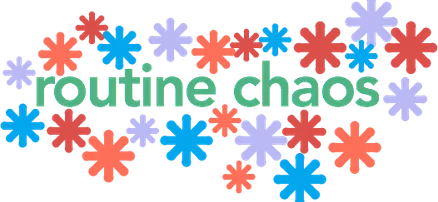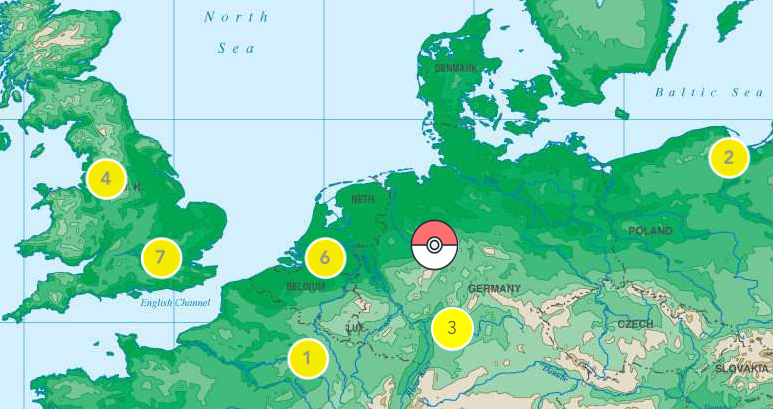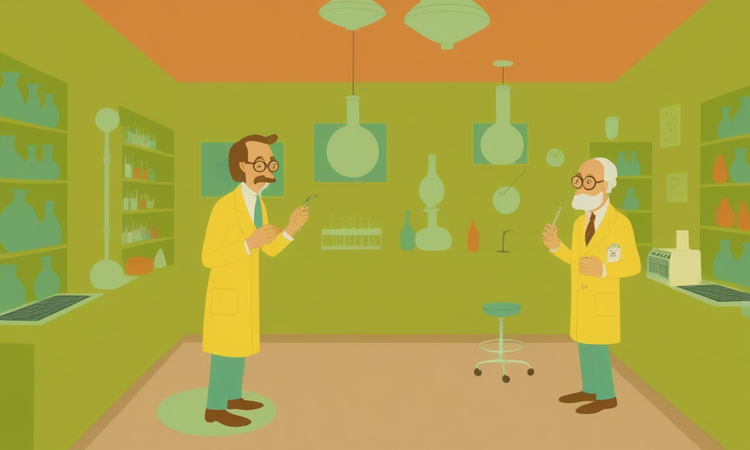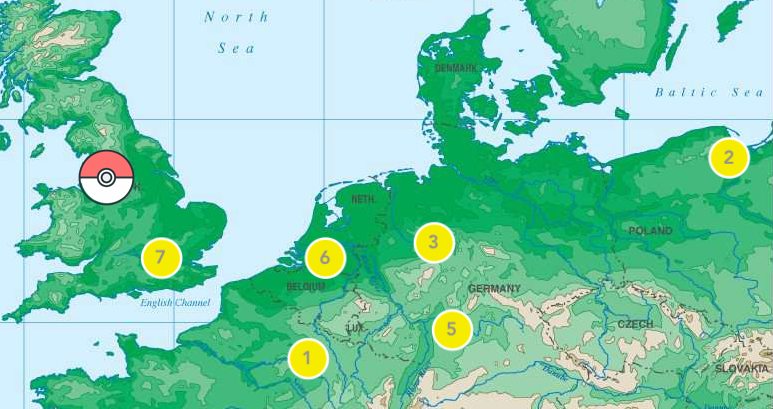Beware of Flying Cupcakes
I've got 3 things for you today - all related!
- A story
- A resource
- An announcement
If you're the impatient type, I'm using proper headings in this post - so feel free to just scroll down to whichever section you want.
A story
A little known fact: I was a great big gigantic theatre kid in secondary school. For a very long time, I thought I would either go to drama school or film school. At one point when I was 16, I was simultaneously in rehearsals for 4 different productions - and it was one of the most satisfying times of my entire life. As a grown person, I often reflect that the most valuable things I gained in my adolescence came through the theater.
The first show I ever directed was a one act play called Lone Star by James McClure, and in the lead role of Roy I cast a friend of mine who had incredible dramatic instincts and no formal experience onstage outside of his punk band. And then - despite the fact that I had cast him for that incredible intuition and willingness to take risks - I immediately set about trying to control his performance and dictate every single creative choice about the character, from how he should inflect a sentence to where he should be standing at any given moment. My guy was not having it, so every time I'd push back he'd push back harder which turned into an ongoing escalation that culminated in him winging a Hostess cupcake across our performance space where it splattered against a metal filing cabinet with a jarring clang1. In that moment I realized that I couldn't control him - at the end of the day, he was the actor and was going to go out onstage and do what he did, and I as the director would look really bad if I kept running on stage to try and stop him. The problem was that I didn't know what else to do if I couldn't make him do what I wanted him to do.
Fortunately, I could turn to my school's theatre director2. She confirmed for me what I already suspected: you can't mechanically force the actors to do things. But she also opened up the space for me to explore how to approach it differently - what did it look like to both entrust some of the choices to him and to find ways to discuss and collaborate on some of the choices together?
I didn't know at the time that she was setting in motion something I would continue to work out for decades to come, which would ultimately become one of the most energizing work I'd do3.
A resource
Most of the work most of us do has absolutely nothing to do with directing and staging a theatrical production, but many of us are working with teams of people to build, make, and create things. Eric Schmidt coined the term Smart Creatives in his book How Google Works to describe the kind of individuals a company like Google looks for that often work in these kind of teams...but getting a team of smart creatives together doesn't guarantee that they'll cohere and deliver the kind of gestalt magic where the whole is greater than the sum of what they all contribute. Making that kind of magic happen is a very specific kind of skill.
Over the course of a few months last year I talked with about a dozen people I know who I have seen work this kind of magic to get a sense not just of what they do but also how they think about it. I wanted to uncover both mindsets and practices for leading smart creative teams.
These conversations invigorated me. I remember more than one rough, brutal day that was completely turned around because one of these conversations showed up in my diary. People dropped so many pearls of wisdom on me, and I started to hear some common themes emerge. They were all really generous with their time and their insights, and I decided I wanted to reciprocate by pulling together a synthesis of what I was taking away from it all to share with them.
Today I'm sharing the research summary that I wrote for them.

Leading Teams Of Smart Creatives Research Synthesis140KB ∙ PDF fileDownloadDownload
An announcement
I want to do a little bit more than just share the summary. I've gone back and forth for a few months now about what else I want to do, and for now I've decided I'm going to run a pilot for a cohort-based course on Leading Smart Creative Teams.
Here are the details:
- The course will run 4 weeks during the month of June.
- During the course, we'll do 4 mini-projects related to Self Leadership, Understanding Your People, Defining Meaningful Objectives, and Exercising Influence.
- I'm also going to do 2 coaching sessions of 30 minutes each with all participants.
- The cost for the course is $250.
- If you want more details, they're here.

I want to be intentional about getting the right people in the course and making sure it delivers significant value, so I'm going to cap it at 20 participants and have put together a short (5 question) application.
I'm announcing it here before I share it anywhere else, so if you know of someone that's experiencing the challenge of leadership (or, heck, if you're feeling it yourself) send this their way.
Right here - just click that button below ;)
And, of course, if you have questions just respond to this email directly!
--
A little extra for anyone who read this far: it feels a little bit intimidating to put this out into the world. It simultaneously feels weird to be sending it out to you all, because it can feel a bit transactional, but at the same time so much of the best encouragement I've found in this work has come from the people on this list so I can't imagine where else I would share this. I hope this strikes a chord - but also if there’s something that feels like it’s missing, let me know in the comments!
I still have no idea why we had a Hostess cupcake on stage at the time. ↩
More accurately, I had to because her office was adjacent to the rehearsal space and she had heard the Cupcake Catastrophe and was curious about what precipitated it. ↩
She was also the teacher who gave me a journal when I graduated and told me that I had to keep writing. Amazing teachers are one of the forces underpinning most of what's good in the world. ↩





